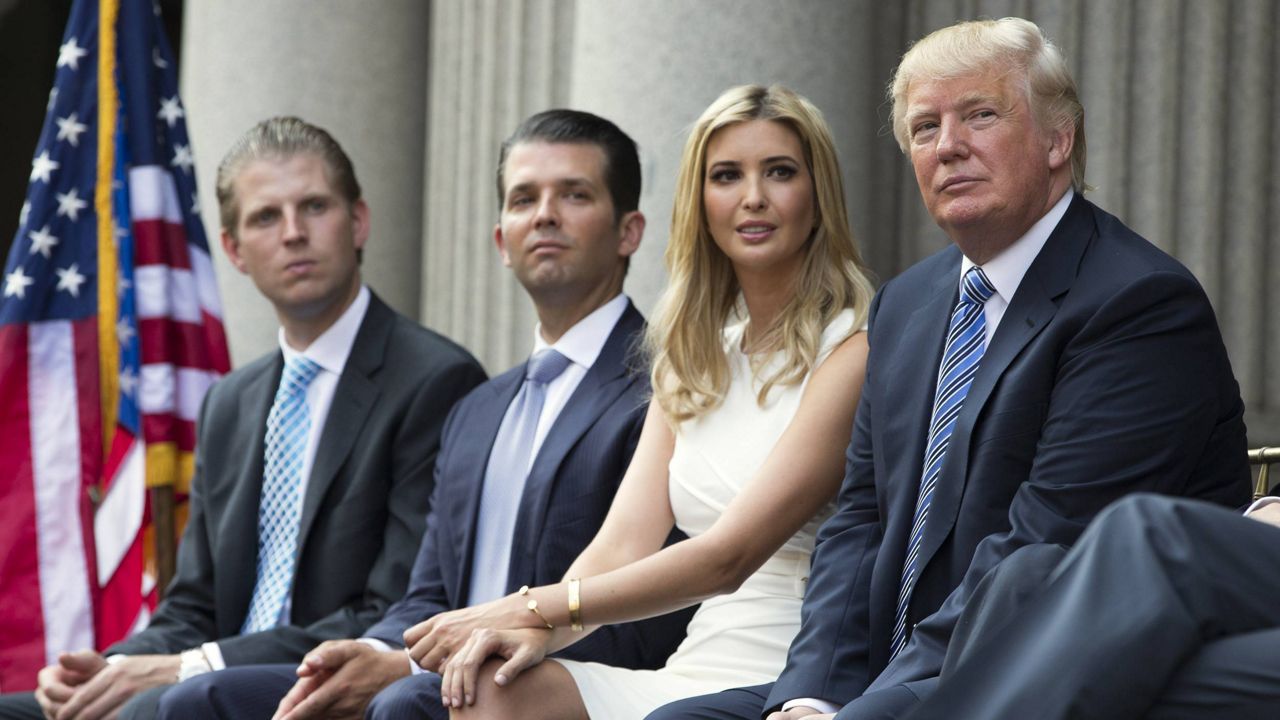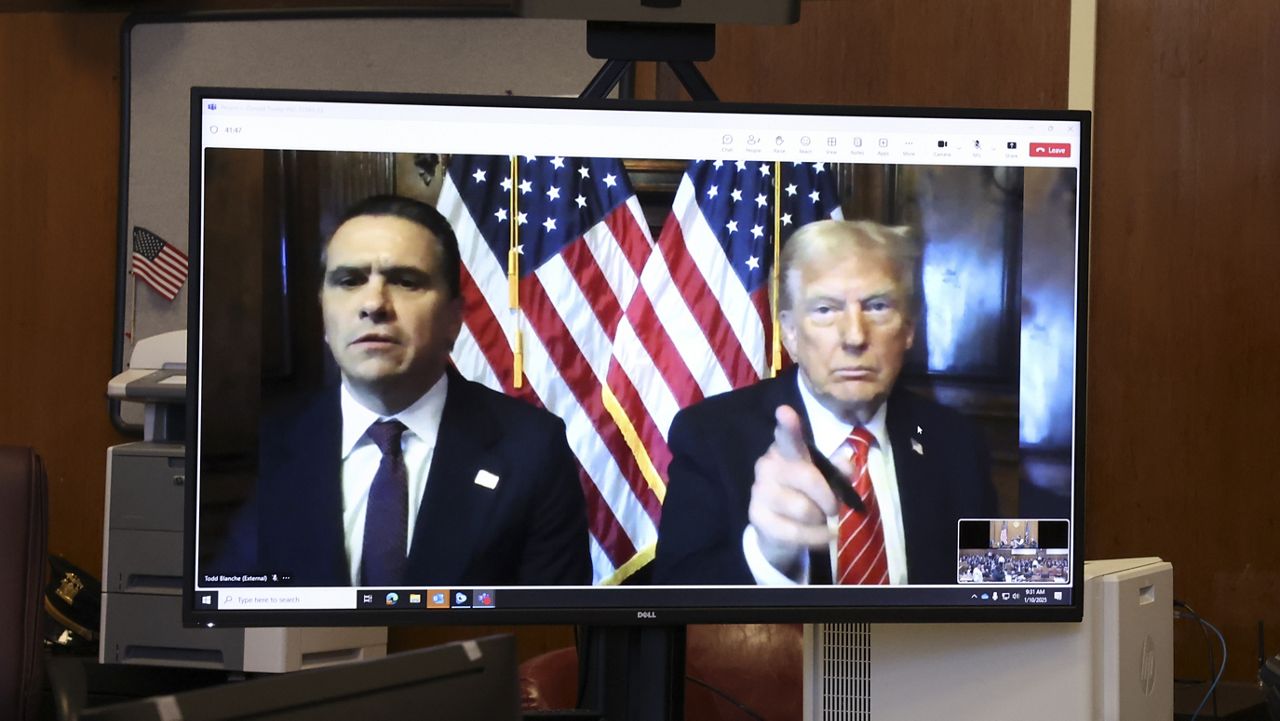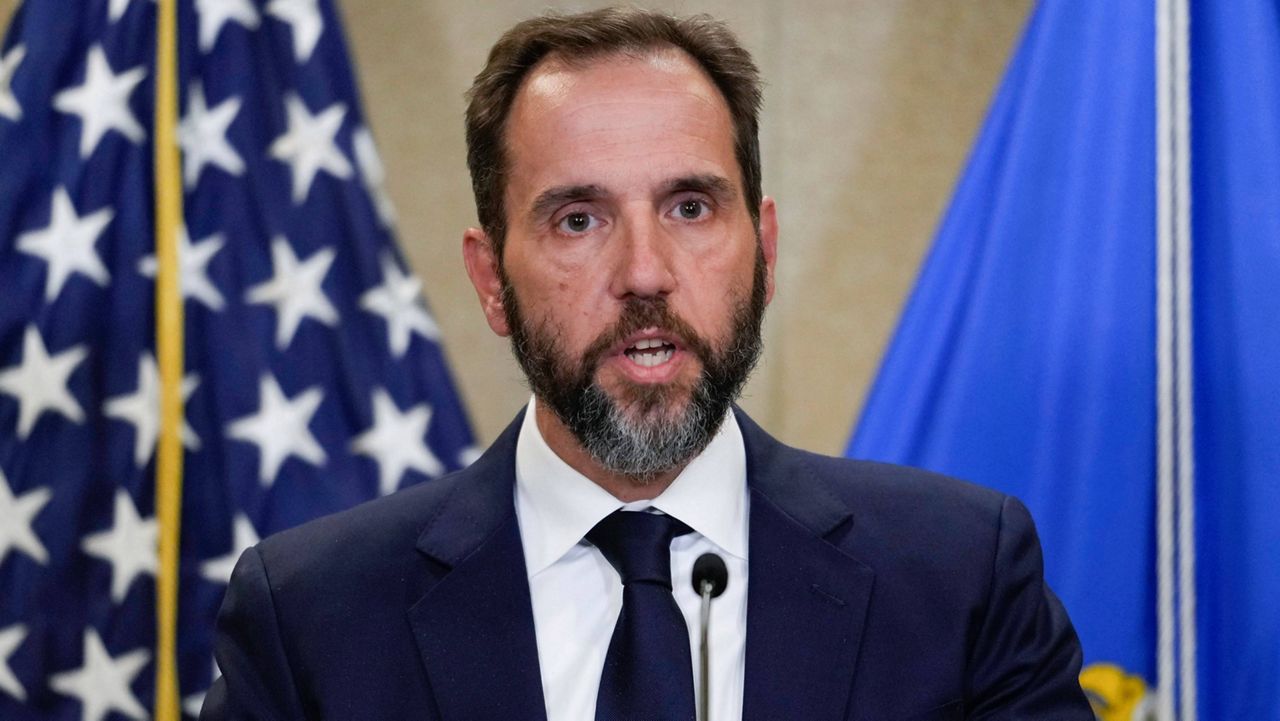President Donald Trump has discussed with his advisers the possibility of granting preemptive pardons to his three oldest children and son-in-law Jared Kushner, according to multiple reports.
What You Need To Know
- President Trump has reportedly discussed with his advisers the possibility of granting preemptive pardons to his three oldest children and son-in-law Jared Kushner
- Trump allies pushing for the pardons are arguing that they would be insurance policies against possible politically motivated investigations during the incoming Biden administration, one report said
- Trump has reportedly not yet embraced the idea of the preemptive pardons, and some aides fear that they would be viewed as an admission of guilty
- The New York Times first reported Tuesday that the president and his personal lawyer, Rudy Giuliani, have also recently discussed a possible preemptive pardon for him as well
Ivanka Trump, Donald Trump Jr., Eric Trump, and Kushner have not been charged with any federal crimes. According to ABC News, Trump allies pushing for the pardons are arguing that they would be insurance policies against possible politically motivated investigations during the incoming Biden administration.
Trump has not yet embraced the idea of the preemptive pardons, and some aides fear that they would be viewed as an admission of guilty, according to ABC News, whose sources described the conversations as preliminary and fluid.
The White House had no comment on the reports.
Ivanka Trump and Kushner serve White House advisers. Donald Trump Jr. and Eric Trump have run the Trump Organization during their father’s presidency.
Manhattan District Attorney Cy Vance and New York state Attorney General Letitia James are both investigating Trump and his business practices, but a presidential pardon would not shield Trump’s family from state or local charges. Vance’s investigation is criminal; James’ is civil.
Fox News host and Trump ally Sean Hannity called on air this week for the president to pardon his children.
"The president out the door needs to pardon his whole family and himself because they [Democrats] want this witch hunt to go on in perpetuity," Hannity said on his radio show Monday. “They're so full of rage and insanity against the president.”
While rare, presidents have issued preemptive pardons in the past, including famously in 1974 when Gerald Ford pardoned Richard Nixon before Nixon had been formally charged with any wrongdoing.
As the clock runs out on his presidency, observers have questioned whether the courts will allow Trump to pardon himself.
Kimberly Wehle, professor of law at the University of Baltimore and author of the book “How to Read the Constitution -- and Why” said in an interview that distinction may mean a self-pardon — for acts that could otherwise lead to impeachment – could “in theory” be found unconstitutional, adding that it may also violate the legal concept that a person cannot be both a judge and jury in his or her own case.
But Wehle makes a crucial point: “I think the question isn't so much whether the Constitution allows it as much as whether he can get away with it.”
“That question may or may not arise but it’s one that calls for legal analysis of what the scope of the pardon power is,” Supreme Court Justice Amy Coney Barrett said during her confirmation hearings in October, calling it “an open question.”
But scholars have a different view. Frank O. Bowman, III, Professor of Law at the University of Missouri, who has deeply studied the matter, says a self-pardon is unconstitutional. He calls it both a matter of good governance – and also says that as the framers of the constitution understood the word “pardon,” it implied an action that can never be done to oneself – only to another person.
“Why should presidents, of all people, be immune from the operation of the criminal law that binds all the rest of us?” Bowman asked in an interview with Spectrum News. “He or she in particular, I think, needs to be subject to the criminal law if we're not to slide into authoritarianism.”
The New York Times, which also reported on the conversations involving Trump’s family, first reported Tuesday that the president and his personal lawyer, Rudy Giuliani, have also recently discussed a possible preemptive pardon for him as well. The former New York City mayor, who has been leading Trump’s long shot legal battles to overturn the results of last month’s presidential election, has asked the president directly for such a pardon in recent weeks, ABC reported.
In a tweet Tuesday, Giuliani denied that he has discussed a possible pardon with Trump.
Federal prosecutors in New York last year reportedly began investigating whether Giuliani violated foreign lobbying disclosure laws while he was in Ukraine digging for dirt on Biden.







